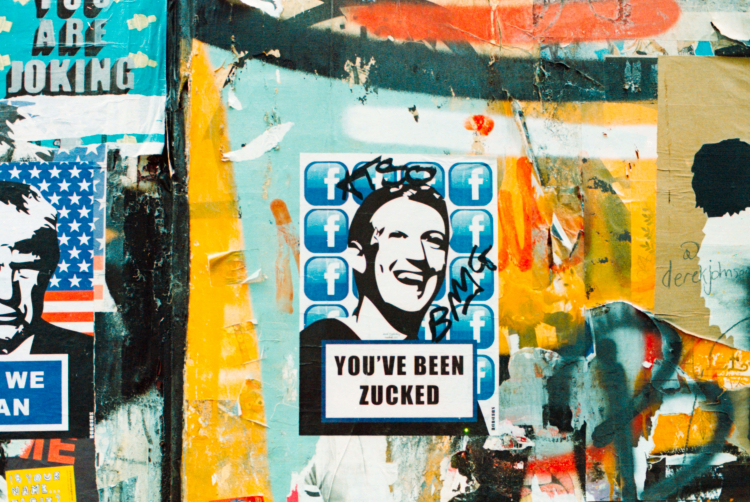AUP Students Have Mixed Emotions About Facebook Blackout

For more than five hours on Monday, October 4, Facebook servers completely blacked out. All Facebook products, including Facebook Messenger, Instagram, and WhatsApp, were down for the period, forcing people to move to other platforms instead.
Facebook said the outage was caused by, "configuration changes on the backbone routers," which are the parts of the Facebook server system that tells each bit of data where it's supposed to go. The issue was initially isolated to that part of the system, but it, "had a cascading effect on the way our data centres communicate, bringing our services to a halt," read the engineering blog post that explained the situation.
Many people, especially those in the US, took it with a light-hearted response. During the outage, Twitter's official Twitter account posted, "hello literally everyone," poking fun at the situation as one of the next-largest social media giants.
Some AUP students also noted that there were some positive effects of the blackout. According to AUP student Bradley Stone, "Honestly it was nice to have a good excuse to be left alone by everyone for a day."
hello literally everyone
— Twitter (@Twitter) October 4, 2021
But for many around the world, including some students at AUP, the outage proved to be problematic.
For AUP students, many of whom are regularly messaging friends and family that do not live in France, messaging platforms like WhatsApp, Facebook Messenger, or Instagram Direct Messages are the ideal way of communicating with those friends and family over long distances. An outage like this cuts them off.
"Whatsapp is the app I use most for communicating with friends and family," said Michelle Courtois, a Sophomore at AUP, adding, "it was very hard not communicating with certain people."
AUP student Zachary Egan said that for him, the outage happened at the same time he didn't have cell service, so he wasn't able to text or use Facebook applications to contact people. "It was kind of a strange experience feeling completely alone despite having my phone on me," he said.
Beyond AUP, these Facebook apps are crucial for many globally. For example, WhatsApp is the world's most popular online messenger, with nearly two billion monthly active users. Having WhatsApp down for just five hours on a Monday, for some, can mean being completely cut off from the people they might need to contact regularly.
Image credit: Unsplash/visuals"For a lot of people, Facebook is the internet," said former Barack Obama National Security Spokesman Tommy Vietor on a recent episode of his podcast, Pod Save The World. "Many people don't have access to or can't afford cell phone service, but they can find free Wifi, and they can use it to access Facebook."
"Part of me was thinking, 'What would have happened if this outage happened during the Afghan evacuation?'" added fellow podcast host and former Obama Deputy National Security Advisor Ben Rhodes. "It would have literally prevented the saving of lives."
The good news is that such crashes are rare, and things like this one didn't happen because of any malevolent intent, but rather an error that Facebook is expected to work hard to prevent in the future.
But the whole fiasco has many people wondering some version of the same question: Are we all too reliant on Facebook in the first place?








